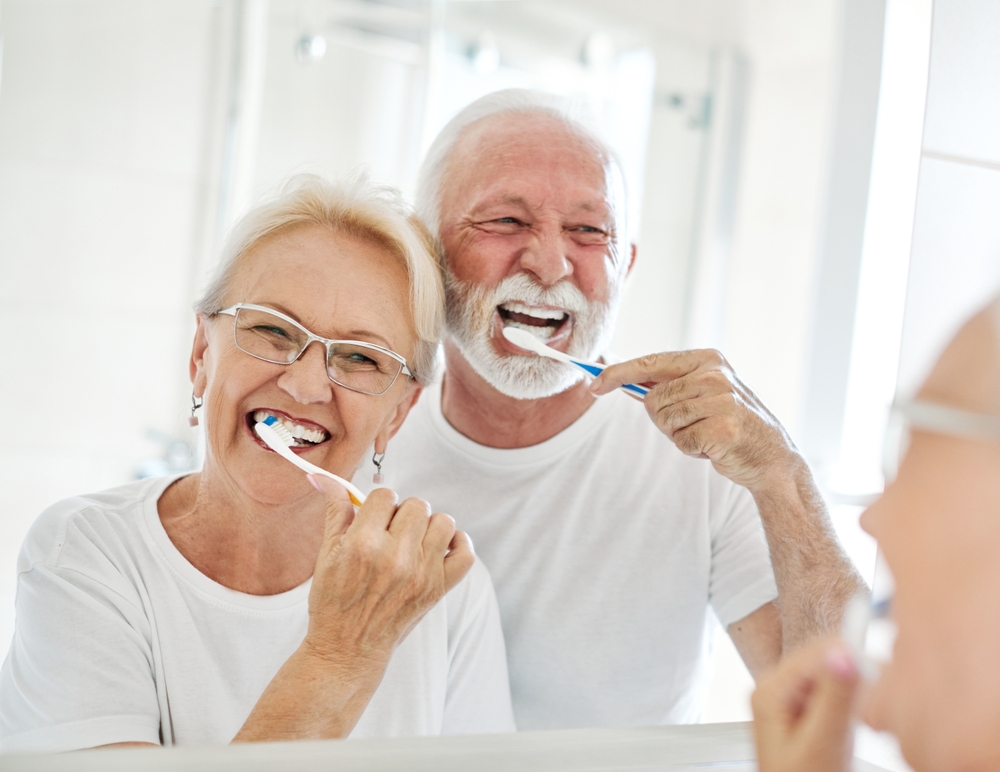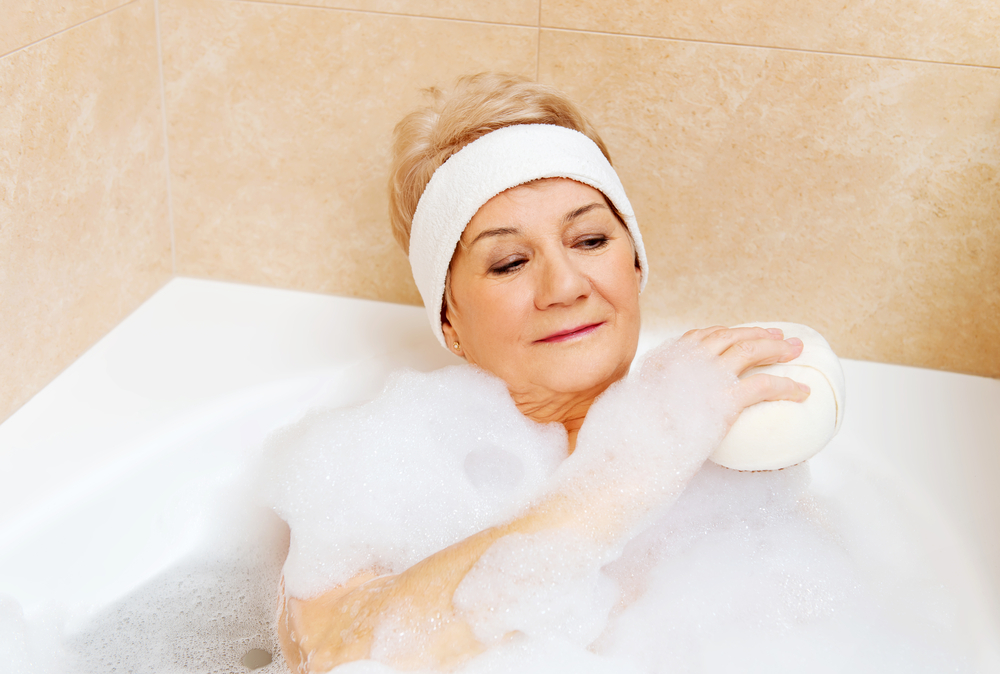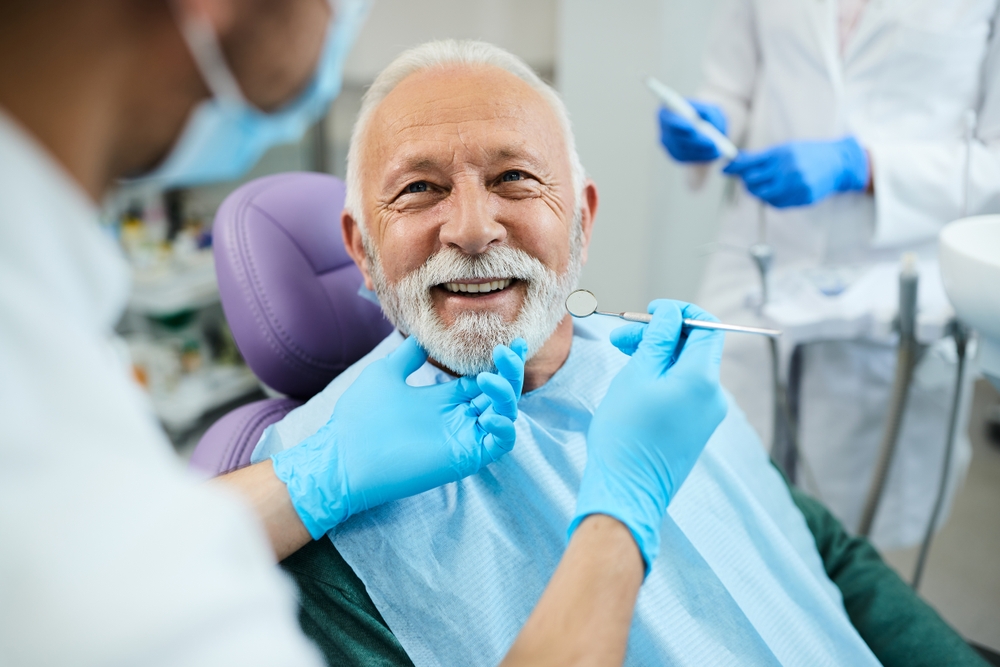Consequences of Poor Hygiene in Elderly Adults
Category:

Maintaining proper personal hygiene for elderly adults can be difficult. Though it may be awkward to keep on top of your loved one for their personal hygiene, the consequences of poor hygiene in elderly adults are serious and can even be life threatening. In this post, we’ll discuss proper elderly hygiene care and offer tips for keeping your seniors happy and healthy.
Hygiene Care for the Elderly
Poor hygiene can lead to problems for people of all ages, but elderly hygiene is even more crucial to maintaining good health. Because seniors have weaker immune systems than younger people, they are naturally more susceptible to illness or infection — meaning you’ll need to put in a bit more effort to keep your senior’s hygiene in check and avoid common elderly hygiene issues.
Reduced mobility, memory issues, and dealing with side effects from existing chronic illness are all factors that could impact elderly hygiene. For example, many seniors fear slipping and falling in the shower, as it is one of the most common causes of death for Americans over the age of 65.
Seniors may also experience mobility issues that make showering on their own difficult. While there is no shame in asking for help, for some, having to request assistance with bathing can be a source of frustration and embarrassment.
Understanding why your loved one is struggling to maintain proper hygiene will make it easier for you to take steps to address the problem head on. For example, if your senior is dealing with mobility issues, installing a more accessible bathtub or providing grab bars can help minimize risk of injury. Openly discussing elderly hygiene issues with your loved ones can help reduce that shame and empower seniors to ask for the assistance they need from caregivers or medical providers.
Consequences of Poor Hygiene in Elderly Adults
Elderly hygiene issues can lead to a range of serious, sometimes fatal side effects.
Infection
Infection is one of the most common (and serious) side effects of poor elderly hygiene. Infections due to elderly hygiene issues commonly affect the skin and hair — and can make seniors even more susceptible to disease.
This risk is heightened if your senior is spending time in the hospital, where hospital-acquired infections can occur.
Download Our FREE Path to Care Guide
Tooth Decay & Gum Disease
Without proper oral hygiene, bacteria can accumulate in the mouth, eventually leading to periodontal disease and, eventually, tooth loss. Once teeth begin to fall out, the mouth becomes even more susceptible to further infection.
Beyond that, poor oral health has been linked to an increased risk of disease throughout the body, meaning that problems with oral elderly hygiene can lead to unrelated health problems later on.
Depression
Seniors who are unable to maintain proper hygiene on their own are more likely to experience depression. Studies have shown that regularly brushing and styling a patient’s hair can help them maintain their self-esteem.
To learn more about our home care services, contact our caregiving team today at 1-800-GRISWOLD or find a Caregiver near you.
Subscribe
Date: 2024-07-31
Category:


